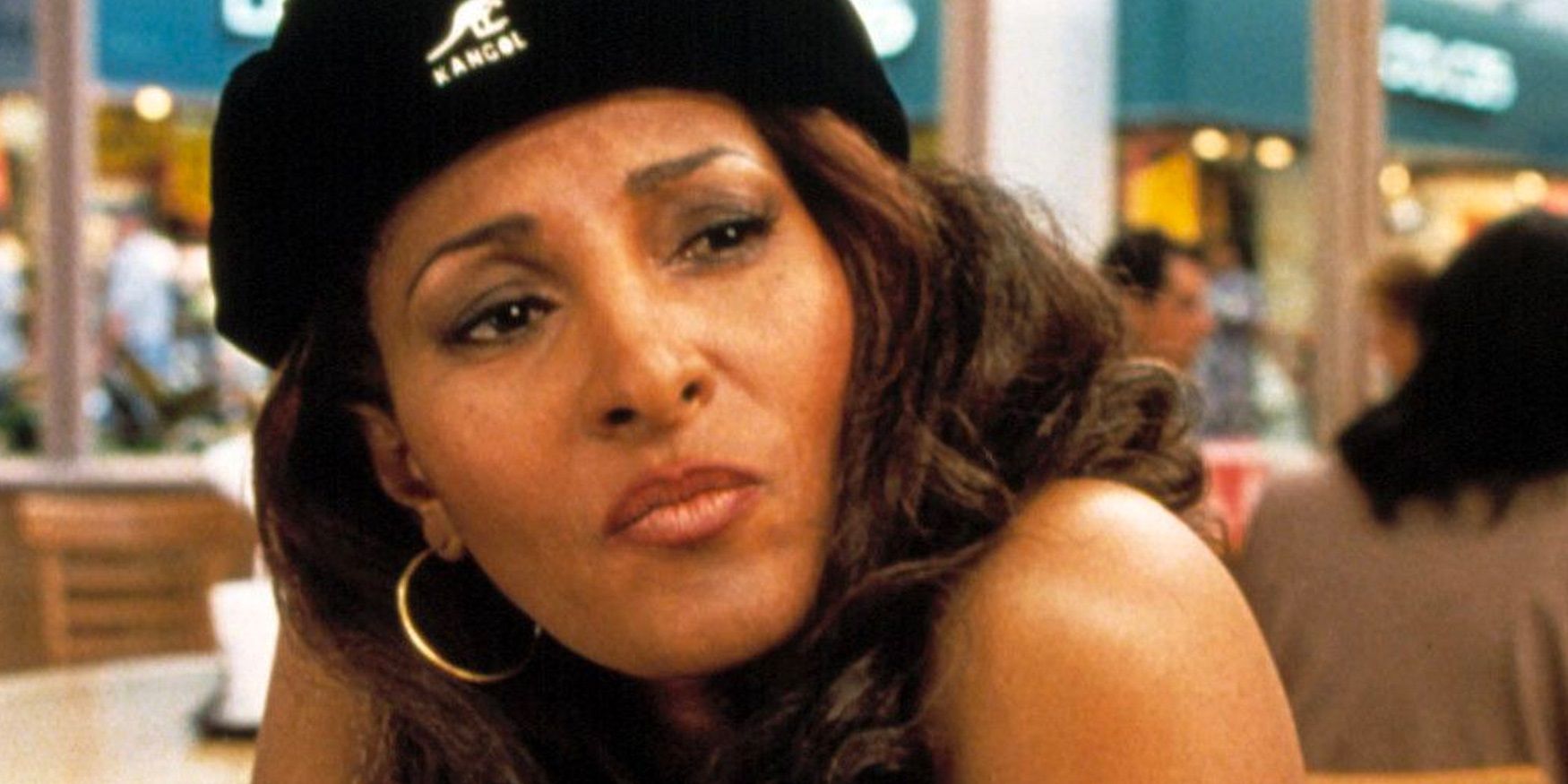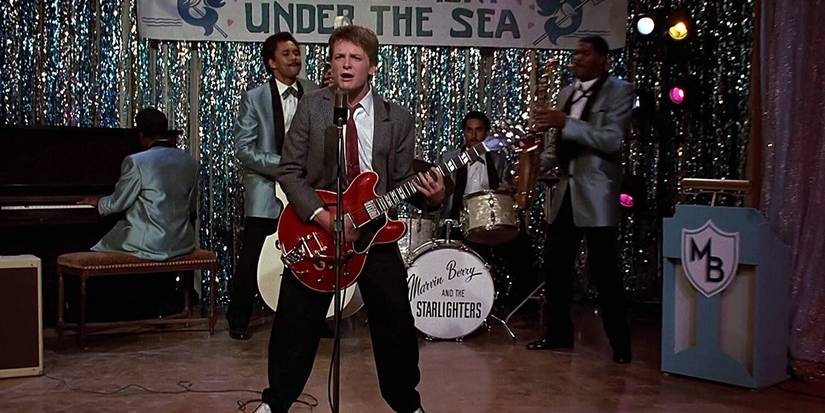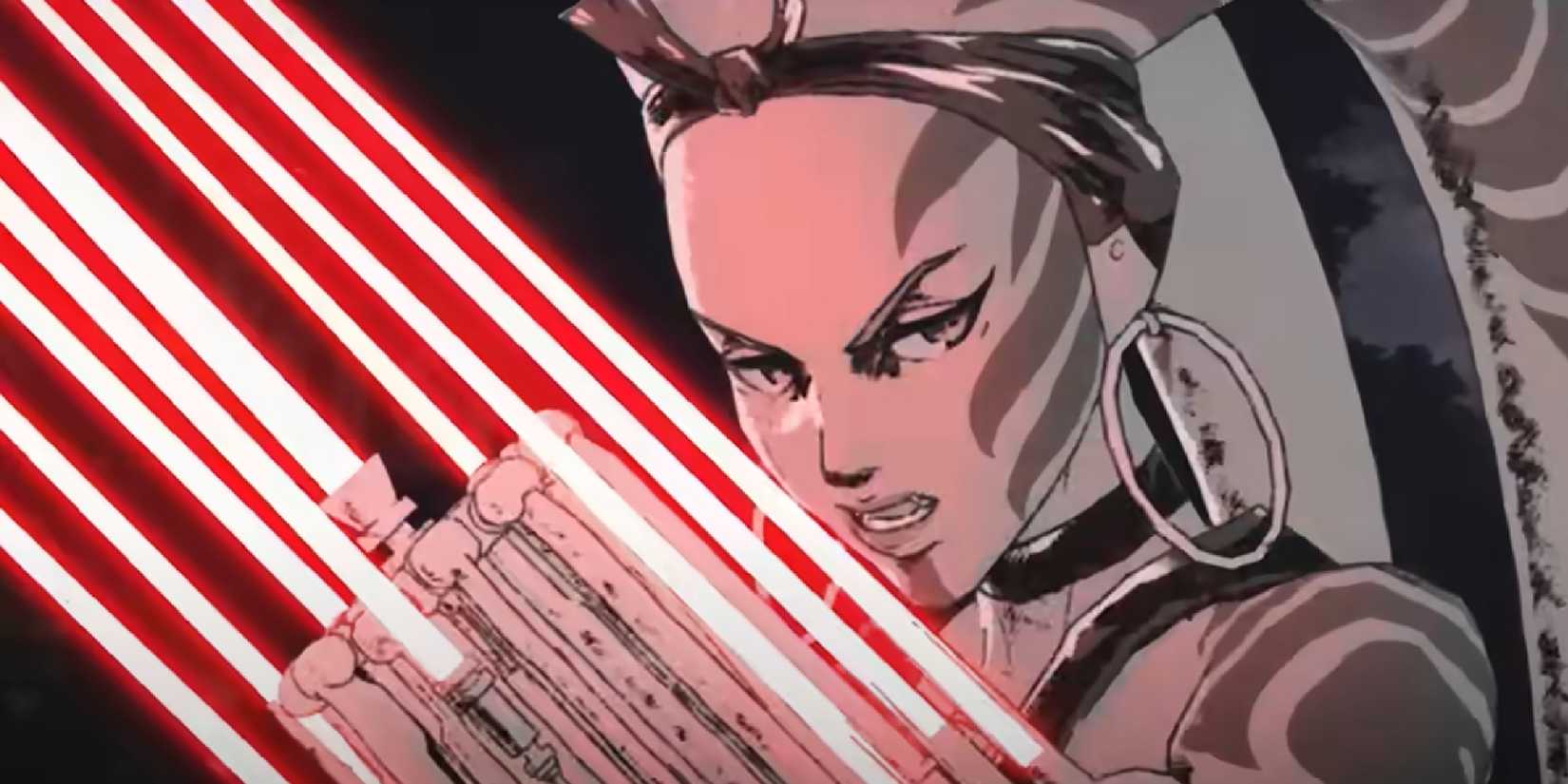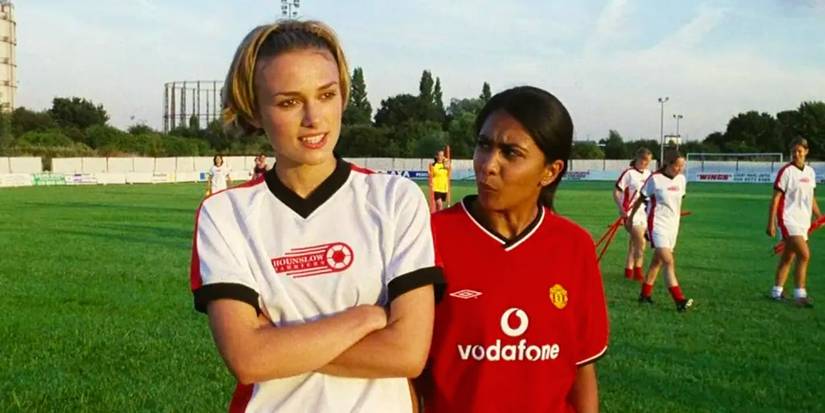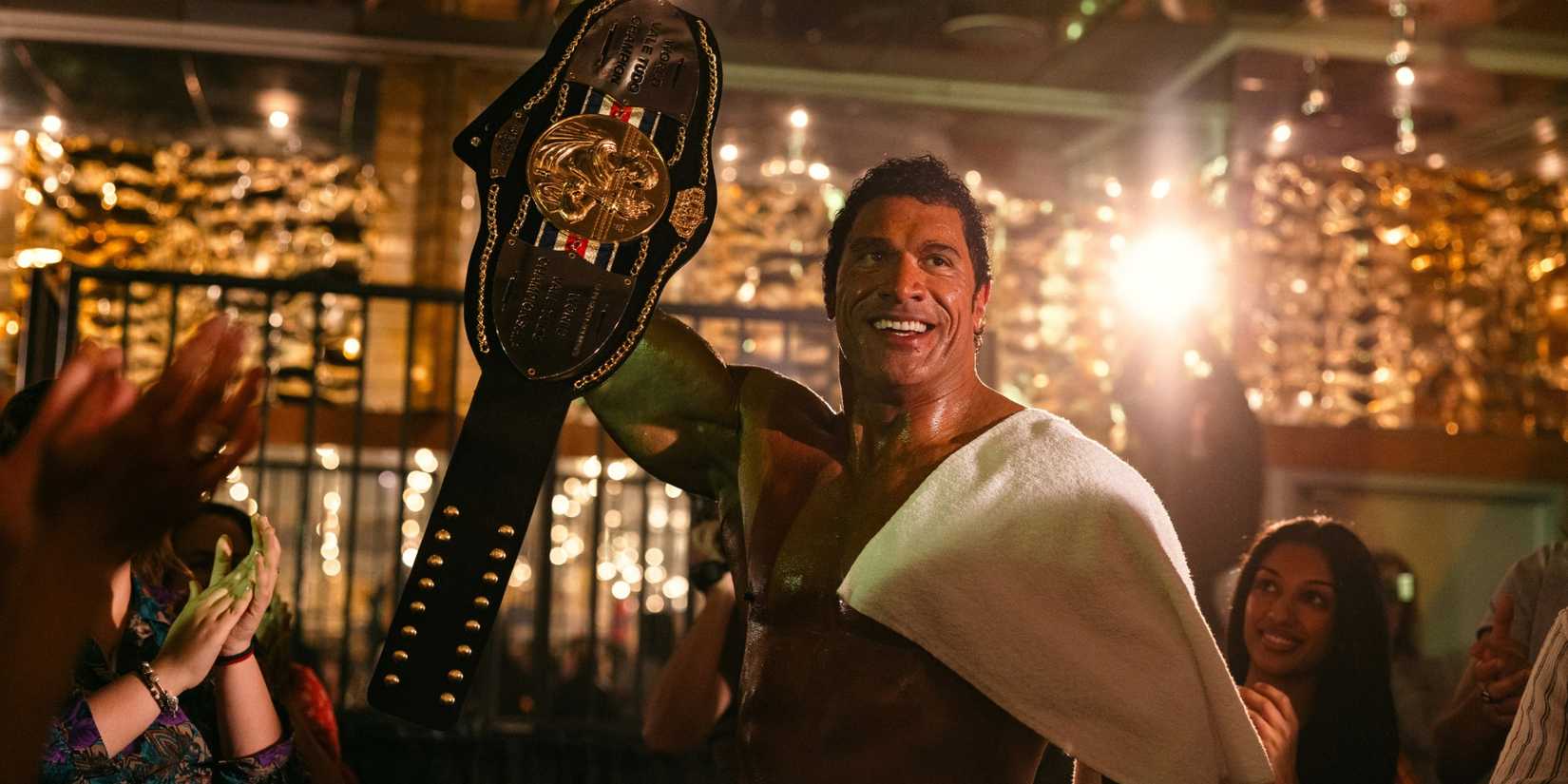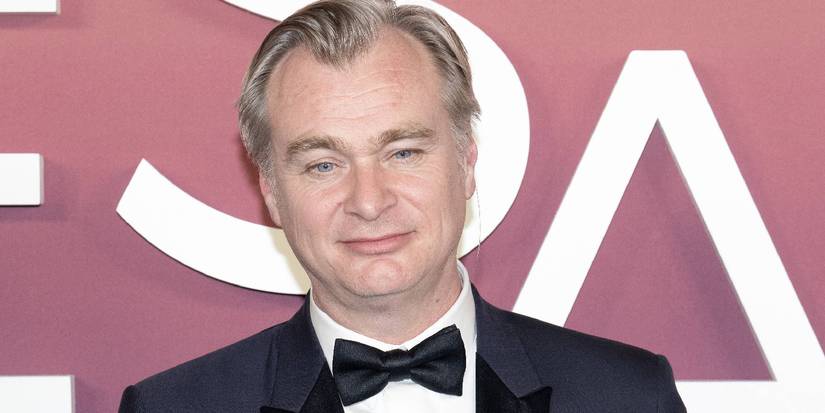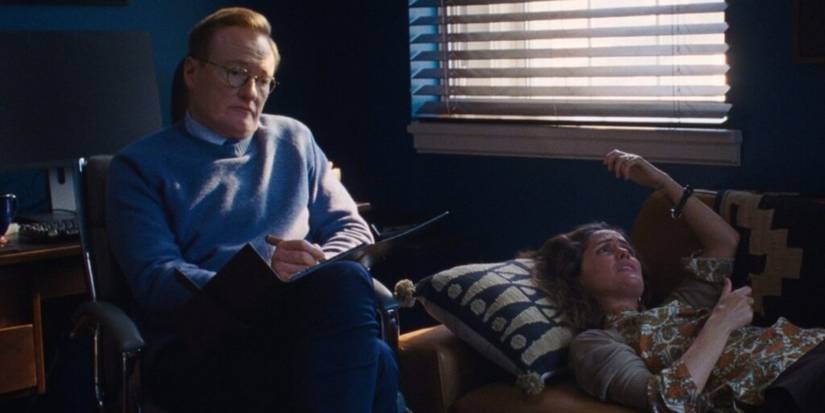Quentin Tarantino’s most overlooked movie, Jackie Brown, is one where he perfected a filmmaking technique that he worked on first in Reservoir Dogs. Tarantino is a film scholar thanks to his time working at a video store before he finally got his chance to make movies of his own. His first film was Reservoir Dogs, a crime film that follows a botched robbery from the individual points of the criminals involved. It owed a lot to classic noir films like The Killing and Le Samourai, but it also owed a lot to the Akira Kurosawa movie Rashomon.
That is because Tarantino used something in Reservoir Dogs called the Rashomon Effect, which was coined after the 1950 Kurosawa movie. In that film, a murder occurs and four witnesses each give their story about what happened, allowing the viewer to see the similarities and differences to figure out what really happened. Reservoir Dogs used a version of this, showing the botched robbery from various points of view before revealing what happened. Tarantino then perfected the technique in his highly underrated crime thriller, Jackie Brown.
Quentin Tarantino Perfected The Rashomon-Effect In Jackie Brown (After First Using It In Reservoir Dogs)
Quentin Tarantino Has Mastered Non-Linear Storytelling
The Rashomon effect involves telling a story from different points of view, with most of the characters being unreliable narrators. On top of the original Akira Kurosawa Rashomon movie, it shows up in everything from other movies to television and literature and even in legal proceedings. The idea is to show how people’s perceptions of what happened can differ from one witness to the next, sometimes on purpose and sometimes inadvertently.
Tarantino has used his non-linear storytelling in many of his movies. In Reservoir Dogs, he used it to cast doubt on all the criminals, making sure no one knew who betrayed them until toward the end. In Pulp Fiction, he used it to tell a more unique tale, but this time, it was more for storytelling. However, in Jackie Brown, Tarantino mastered the technique, using it the same way that Kurosawa did before him.
It is easy to see things from Jackie Brown’s point of view.
In both Rashomon and Jackie Brown, a crime plays out for viewers. However, they only see the crime from one character’s point of view, before the movie flips back and shows it again from another character’s POV. By the end, viewers have seen the same crime from different angles and then have to decide which character they believe the most. It is easy to see things from Jackie Brown’s point of view, since she is the most sympathetic character, but she is as unreliable as the rest. It allowed for a brilliant viewing experience.
Jackie Brown Remains Quentin Tarantino’s Most Overlooked Film
Jackie Brown Was Overshadowed By Pulp Fiction & Kill Bill
Jackie Brown is based on the Elmore Leonard novel Rum Punch, which is in the same world as movies like Out of Sight and even features Michael Keaton playing the same character in both movies. However, as a Tarantino movie, it had no actual connection to Out of Sight other than the character and wasn’t promoted as such. Because of this, the film had to live and die as a Quentin Tarantino film and many fans unfairly compared it to Pulp Fiction.
Critics loved the film, awarding it an 88% fresh Rotten Tomatoes score, but viewers were a little less enthused. It only made $74.7 million at the box office, compared to Pulp Fiction’s $213.9 million. Since Tarantino sH๏τ both movies on small budgets, they were still both box office successes, but it limited the reach of Jackie Brown. When Kill Bill came out and was an instant hit, many people forgot about this movie completely. This disappointed Michael Keaton, who called Jackie Brown a great movie.
Robert Forster earned Jackie Brown’s only Oscar nomination.
That is tragic. Pam Grier was magnificent in Jackie Brown, and the supporting cast all carried their own weight, led by Robert Forster, who enjoyed a small career revival in the film and earned an Oscar nomination. Samuel L. Jackson, Robert De Niro, and Bridget Fonda all delivered great performances in their roles, and the Rashomon effect played out perfectly here. Jackie Brown deserves to have a better standing in Quentin Tarantino’s film career, as it is masterful storytelling that matches up with everything else the filmmaker has made over the years.
